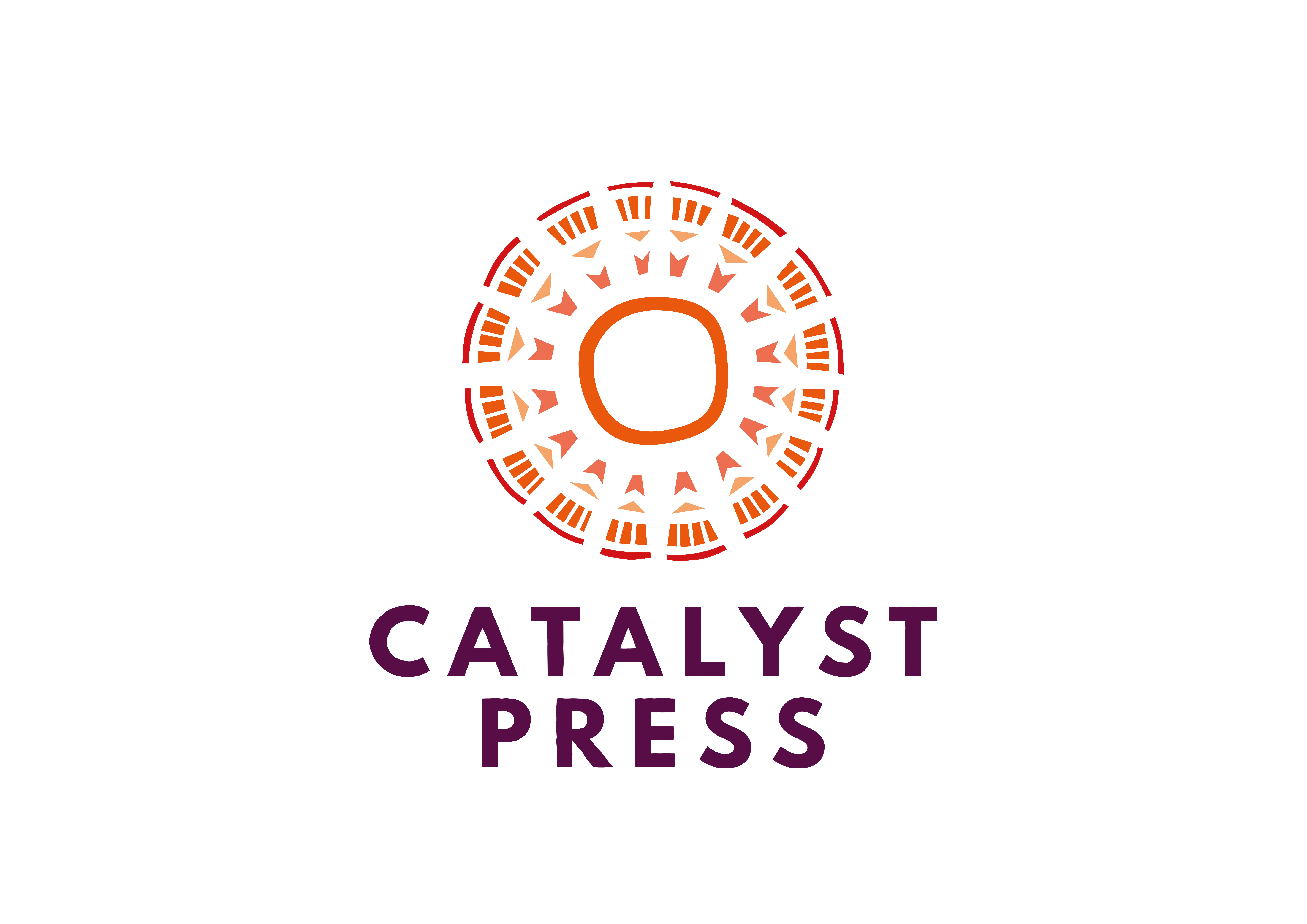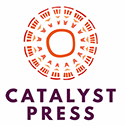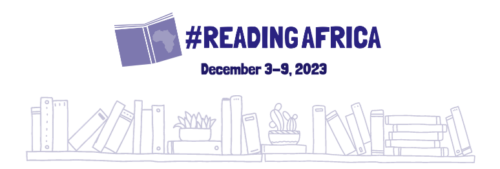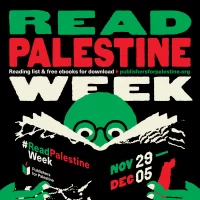Joining Catalyst, our flagship African-centered publishing company, Story Press Africa, our collaborative graphic novel imprint, and Powers Squared, our science-and-nature-based imprint, we’re pleased to announce our newest imprints, Flare Books and Flare Kids.
Flare continues the ethos of Catalyst in sparking conversation through books from around the world— this time with a place-based emphasis. From rural New England to suburban Texas to coastal Sweden, each of these books place readers in locations around the world, along with the sights, sounds, and characters populating them.
From Catalyst Press founder, Jessica Powers: “I think Catalyst has always been about publishing unheard voices, and I see Flare Books as continuing to offer opportunities for excellent writers around the world. We’ve done that by publishing African writers who have been unknown in North America, and now we’re continuing to do that with writers from other places.
“I also definitely see that I have a strong affinity to books that are strongly located in geographic and cultural settings that are specific and germane to the book’s plots and characters—where setting is almost a character in and of itself. This is certainly true of the Africa-based books, and I think is equally true of most of the books Flare is publishing in its first season. Ashawnta Jackson, who has worked for Catalyst for seven years now, pointed out once that I am clearly drawn to historical fiction, as we’ve unintentionally published a lot of it. I think that, again, has to do with my interest in exploring place. I probably should have been a geographer.”
In the coming weeks, we’ll be sharing sneak peeks of our forthcoming Flare releases. Stay tuned!








